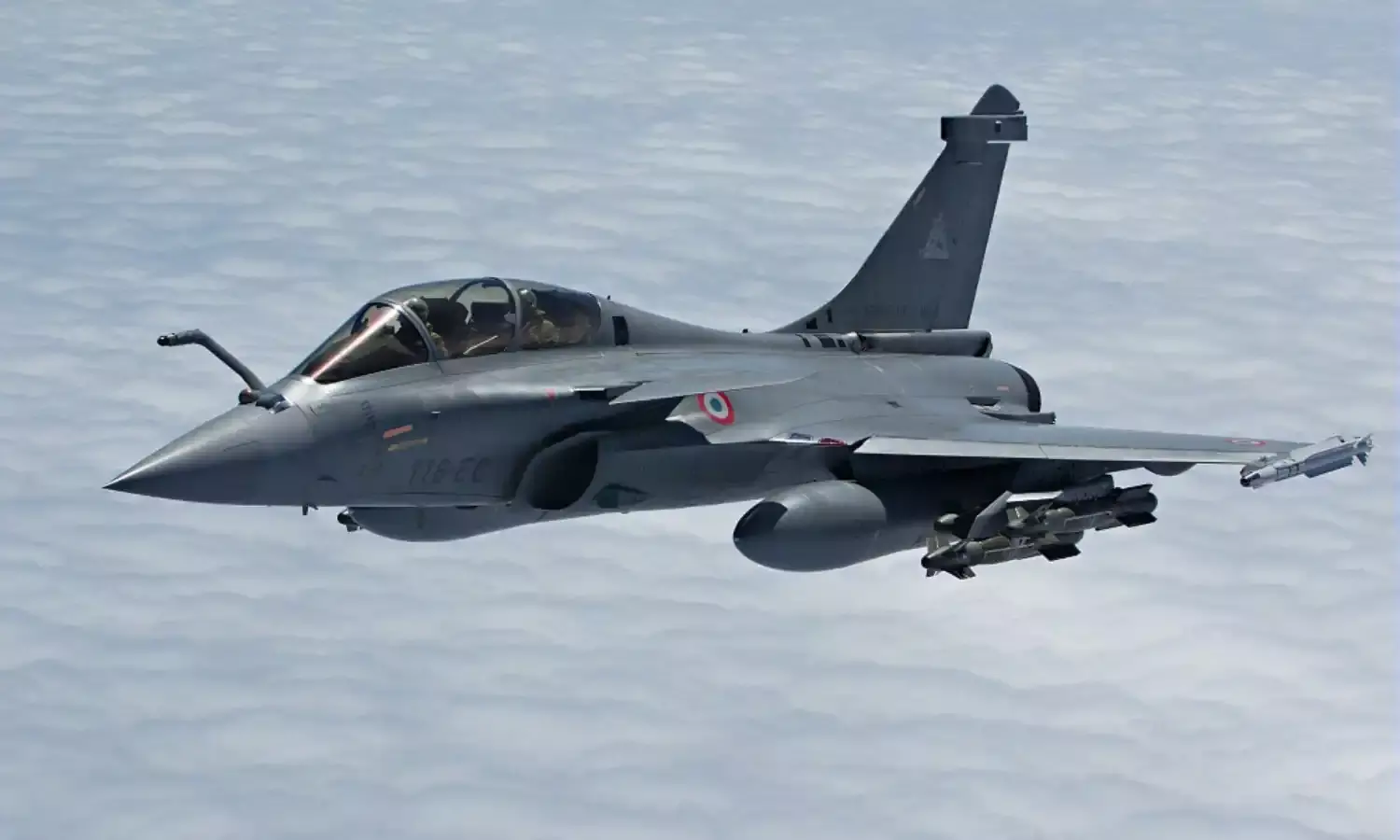The Real Question about Rafale and the Air Force
The IAF chief’s media statement was unnecessary;

The ongoing point and counterpoint between political parties on the Dassault Rafale deal is a given, with each trying to prove the other is corrupt, when there is no need whatsoever for proof, at least in the public eye.
Earlier, in all such slanging matches the Fauj has remained outside of the point and counterpoint, as it should, but this time around the Indian Air Force (IAF) chief has stepped up to make a public statement.
The following argument is worth consideration:
1. The Rafale aircraft suits the qualitative requirements of the IAF. This is notwithstanding the supposedly cheaper offer of Eurofighter Typhoon aircraft, also said to be acceptable to the IAF. I am not privy (thank goodness!) to the relative merits of the two aircraft.
2. The IAF needed at least 126 aircraft (Rafales) according to the earlier deal, the 126-deal. This is especially in view of the IAF chief’s frank admission of our 'depleting combat edge'. When the deal for 126 Rafales was worked out 15 years ago, our combat edge was already depleted. It is now depleted further. Thus, perhaps the IAF’s requirement today would be greater than 126.
3. The 126-deal included spares and maintenance to the best of my knowledge, including some transfer of technology to Hindustan Aeronautics Limited. The present 36-deal appears to have left HAL out of its ambit and included a private corporation, with perhaps no mention as yet of spares and maintenance.
4. Entirely regardless of the following matters on which there will be endless politicking, namely
(a) the cost-per-aircraft in ‘fly-away’ condition,
(b) the inclusion of avionics/ weapon systems to make the aircraft combat ready,
(c) the spares-maintenance angle to keep the aircraft in the air, and
(d) who made how much on which deal,
my question regarding the IAF’s combat capability is: Can 36 Rafales make a substantial gain in IAF’s depleted and further depleting combat edge, to be a credible deterrent to China and Pakistan?
5. The answer to the question is a purely IAF responsibility and outside the purview of politician, bureaucrat or police officer and is, as it should be, top secret.
6. If the answer is 'Yes', we’re okay Steve. If the answer is 'No', the air chief would have – or should have, if he has not – told the Cabinet, that we’re badly off in respect of strike air power and our deterrence force is lacking.
In either case, the IAF chief’s media statement was unnecessary. It may give the impression that the Fauj is displaying political bias.
It inevitably brings Chetwode’s words to mind, in 1932 as he led up to the famous 'country first, troops next, self last' dictum which we swear by on commissioning:
'The young Indian man of education seems very attracted by politics. May I urge you to remember that politics do not, and cannot, find any place in army life. An army can have no place in politics. It is the paid servant of the people and is at the disposal of the Government of the day, whatever may be the political complexion of that Government. Once there is any suspicion that an Army, or any part of it, is biased politically, from that moment that Army has lost the confidence of the nation who pays for it. It is no longer impartial, and that way lies chaos and civil war.'

